
Global Trade Faces Turbulence Amid U.S. Tariffs on Neighbors and China
U.S. tariffs on Mexico, Canada, and China raise global trade concerns, risking retaliatory measures, disrupting supply chains, and slowing economic growth.
News & Insights Across Asia

U.S. tariffs on Mexico, Canada, and China raise global trade concerns, risking retaliatory measures, disrupting supply chains, and slowing economic growth.

China has filed a complaint with the WTO against the U.S. after the announcement of additional 10% tariffs on Chinese products, urging immediate correction of U.S. actions.
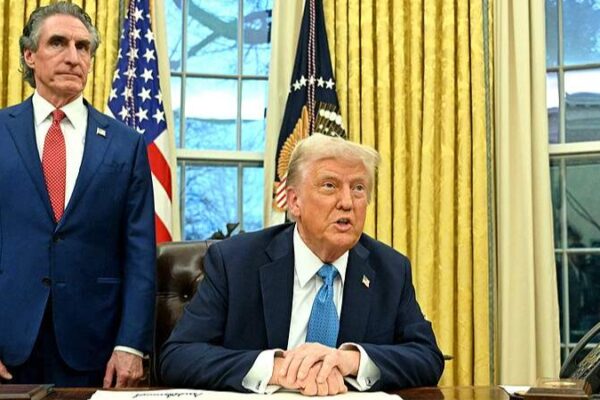
U.S. President Donald Trump’s imposition of tariffs on Mexico, Canada, and China has drawn global criticism. Nations worldwide, including South Korea, the EU, Mexico, Canada, and China, express concern over rising trade tensions.
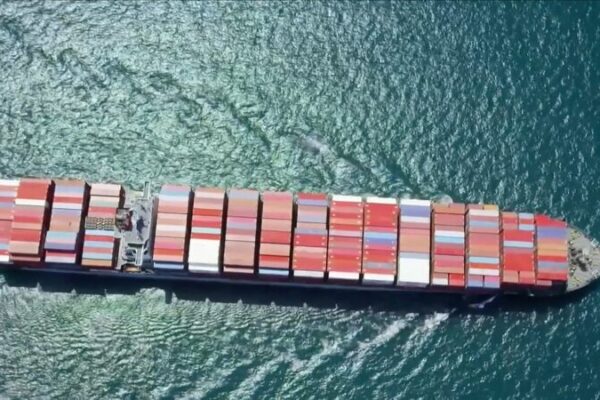
Experts warn that new U.S. tariffs could lead to global economic instability, with rising inflation and disrupted supply chains, as China commits to multilateral trade and technological innovation.

EU criticizes U.S. tariffs on Canada, Mexico, and China, warns of firm response if targeted, highlighting the importance of open markets and international trade rules.

U.S. President Donald Trump imposes new tariffs on imports from Canada, Mexico, and the Chinese mainland, escalating trade tensions and potentially disrupting global supply chains.
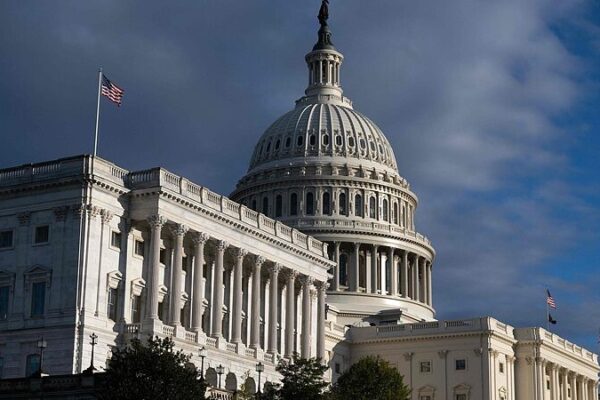
Experts suggest that the U.S. tariffs on the Chinese mainland over the fentanyl issue violate WTO rules and could destabilize the global trading system.

Mexico will impose its own tariffs in response to U.S. President Donald Trump’s tariffs, President Claudia Sheinbaum announced, rejecting accusations of alliances with drug trafficking groups.
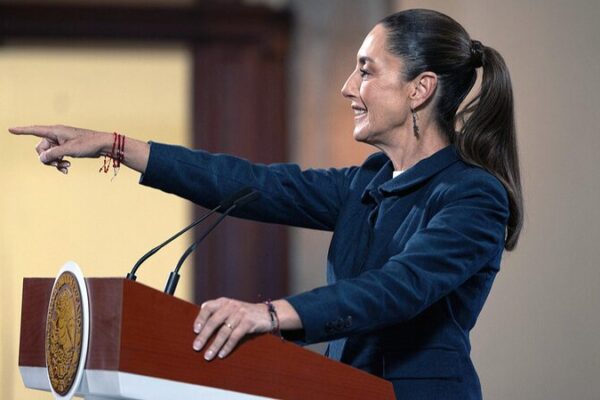
Mexican President Claudia Sheinbaum announced plans to retaliate against U.S. tariffs with measures of her own, rejecting accusations of government alliances with drug trafficking groups and calling for dialogue.
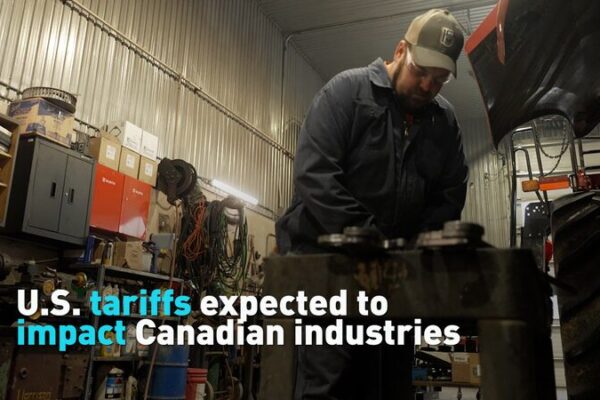
U.S. President Donald Trump is set to impose tariffs on Canada and Mexico, escalating trade tensions and potentially impacting industries across North America.
Canadian Prime Minister Justin Trudeau and provincial leaders unite to respond to potential U.S. tariffs proposed by President-elect Donald Trump.

Canadian Finance Minister Chrystia Freeland resigned after clashing with PM Justin Trudeau over potential U.S. tariffs, dealing a significant blow to the government amid rising political tensions.
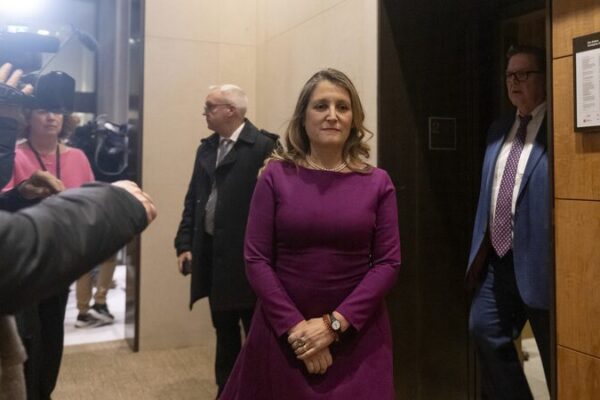
Canadian Finance Minister Chrystia Freeland resigned after clashing with PM Justin Trudeau over handling potential U.S. tariffs, intensifying political tensions in Ottawa.

Canadian Finance Minister Chrystia Freeland resigned after clashing with Prime Minister Trudeau over handling potential U.S. tariffs, sparking political turmoil that could impact global trade dynamics.

U.S. tariff hikes on Chinese electric vehicles have minimal impact as China’s EV exports to the U.S. represent less than 1% of total exports, with growth driven by other global markets.